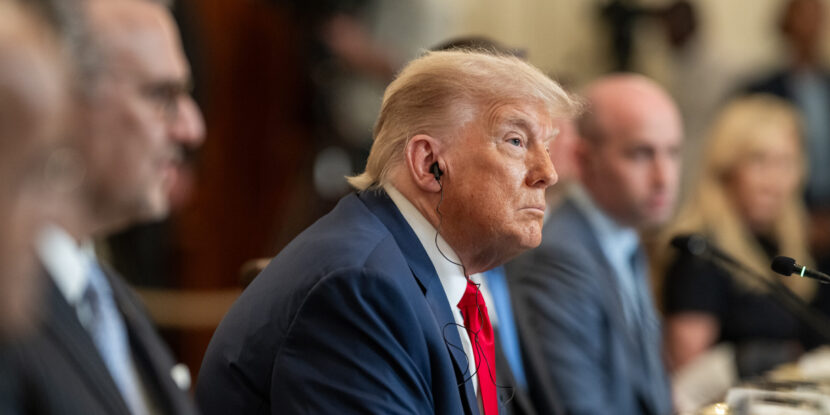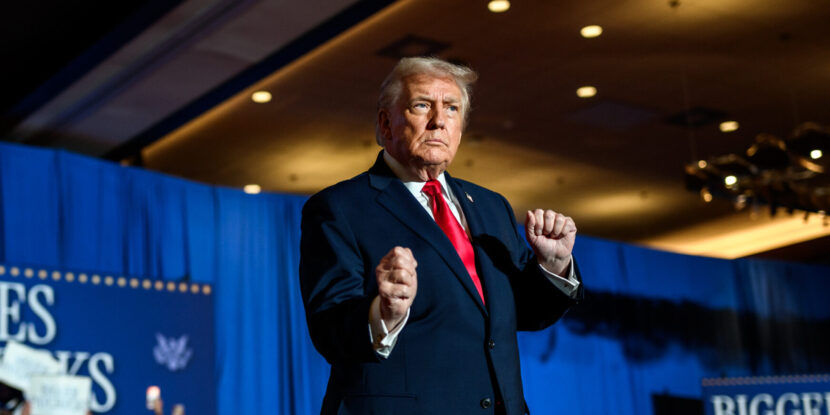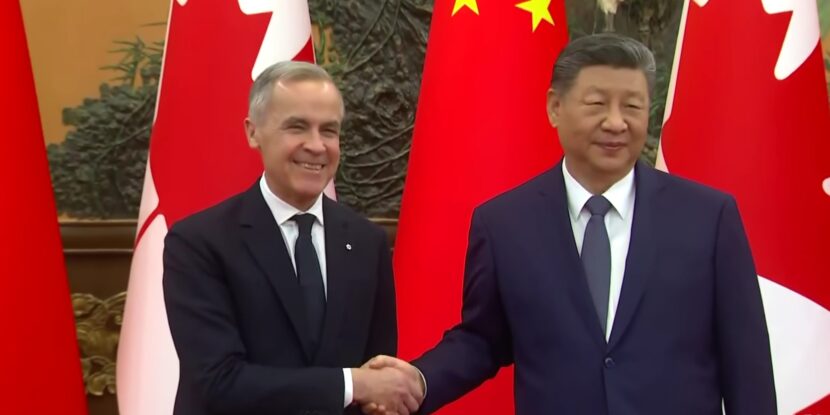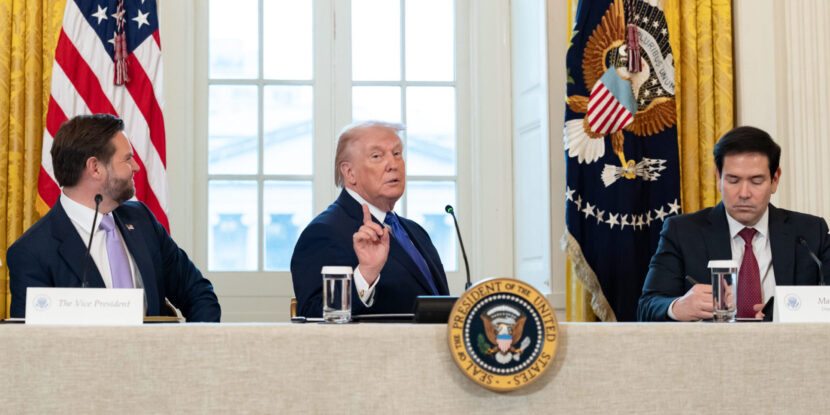❓WHAT HAPPENED: The U.S. Commerce Department expanded its restricted export list, automatically including subsidiaries owned 50 percent or more by listed companies.
👤WHO WAS INVOLVED: The Trump administration, the Commerce Department, Chinese companies like Huawei, Hikvision, and DJI, and the Chinese Commerce Ministry.
📍WHEN & WHERE: The rule was issued Monday and published in the U.S. Federal Register.
💬KEY QUOTE: “This move by the U.S. is extremely egregious in nature. It seriously infringes upon the legitimate rights and interests of the affected enterprises, severely disrupts international economic and trade order and gravely undermines the security and stability of global industrial and supply chains.” – Chinese Commerce Ministry.
🎯IMPACT: Experts suggest the rule will primarily impact Chinese entities, including Huawei, Hikvision, and DJI, as well as their subsidiaries.
On Monday, President Donald J. Trump issued new rules targeting companies in China and other countries that use subsidiaries to bypass U.S. restrictions on purchasing chipmaking equipment and other technology exports. The Commerce Department’s rule automatically includes subsidiaries owned 50 percent or more by entities already on the restricted export list, known as the Entity List.
The change significantly increases the number of companies requiring licenses to access U.S. goods and services, though some restricted transactions will be allowed for a 60-day period under the rule. Responding to the move, China’s Commerce Ministry issued a statement, contending, “This move by the U.S. is extremely egregious in nature. It seriously infringes upon the legitimate rights and interests of the affected enterprises, severely disrupts international economic and trade order and gravely undermines the security and stability of global industrial and supply chains.”
Notably, the new export restrictions come as the U.S. and China are engaged in ongoing trade negotiations. The Trump administration recently moved to loosen some restrictions on chip exports to China. However, the Chinese Communist Party (CCP) has rejected this move, instead instructing Chinese tech companies to source chips domestically.
Experts suggest the rule will primarily impact Chinese entities, including Huawei, Hikvision, and DJI, as well as their subsidiaries. Many Huawei subsidiaries are already on the list, but not all. Additional analysis found that the rule could affect thousands of subsidiaries in nearly 100 global locations. While Russia and China account for the majority, subsidiaries in major trade hubs like the European Union (EU), the United Kingdom, the U.S. itself, and elsewhere may also fall under the expanded restrictions.
Join Pulse+ to comment below, and receive exclusive e-mail analyses.



















